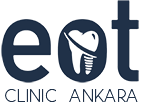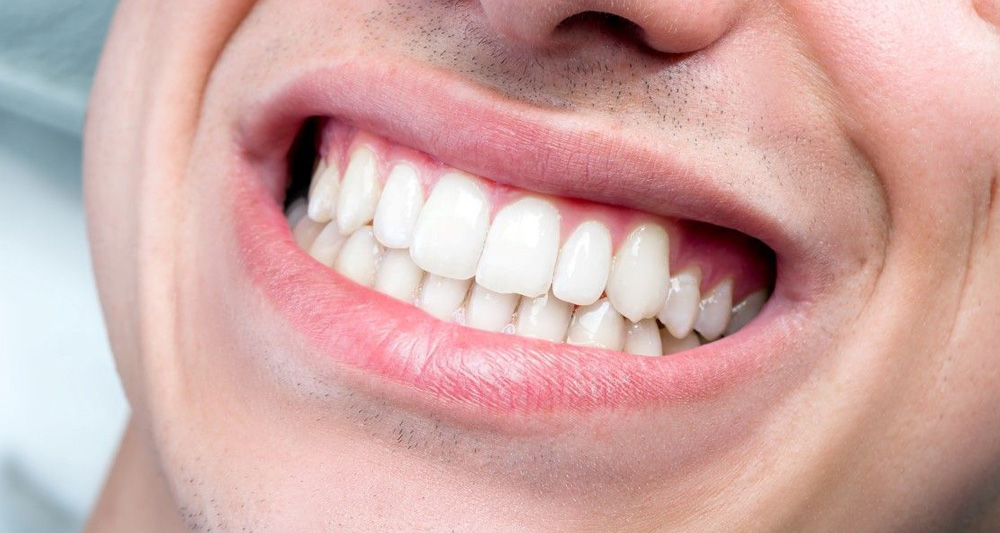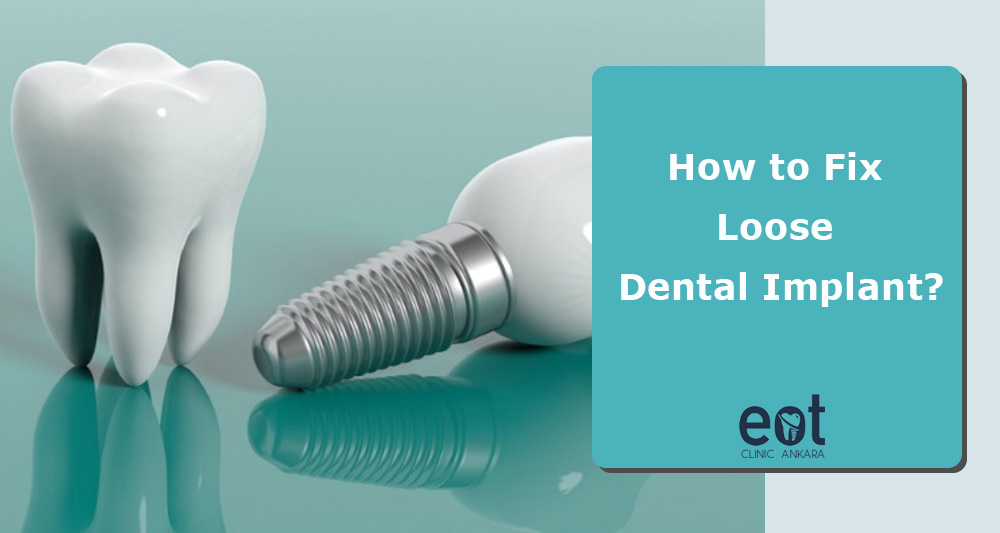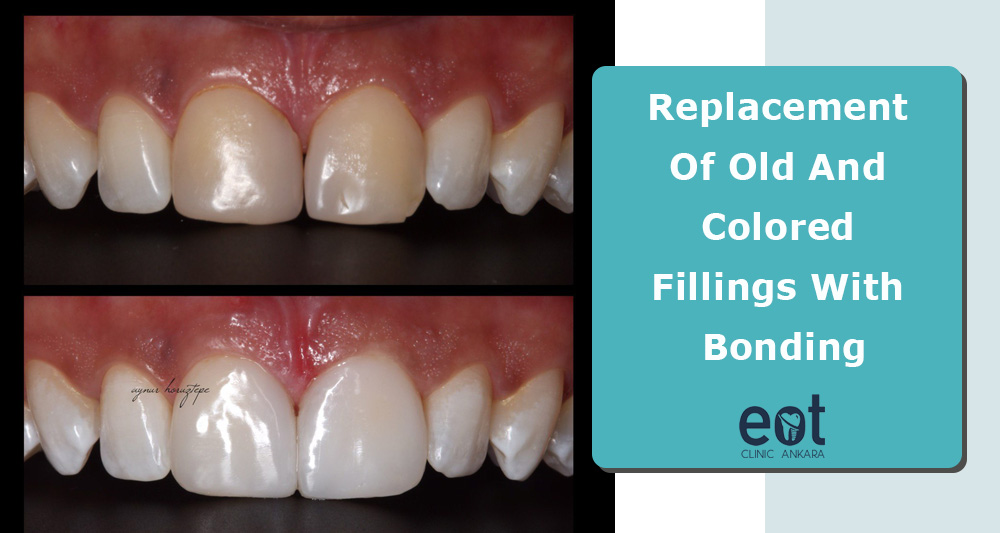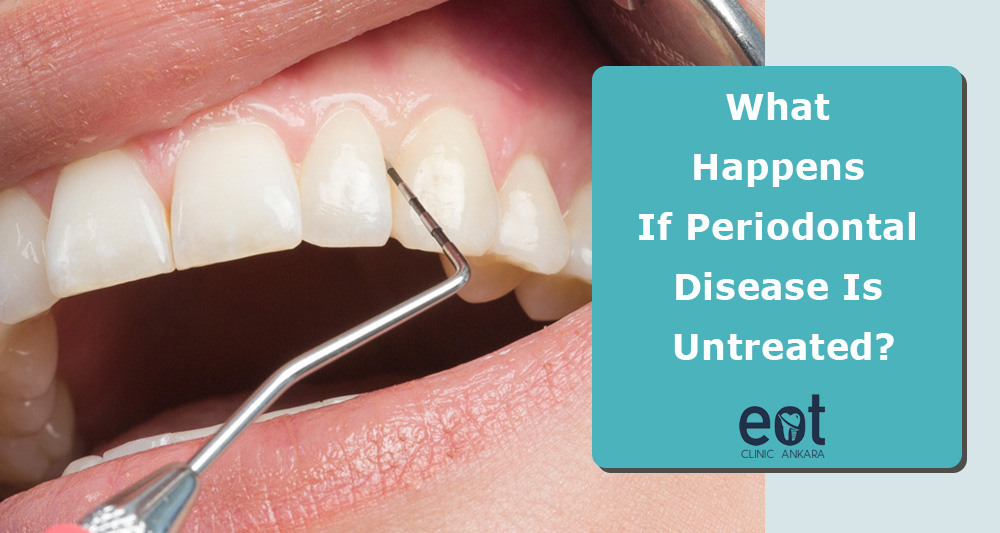What is Teeth Grinding?
Bruxism is the act of grinding or clenching your teeth, either while awake or asleep. Most people probably grind and clench their teeth from time to time. Occasional teeth grinding does not usually cause harm, but when it occurs regularly, it can damage your teeth and lead to other health problems.
Types of Bruxism
An occlusal splint, also known as a night guard, can help protect your teeth from the effects of grinding at night. Bruxism has two types:
- Awake Bruxism: If you grind your teeth while awake, it is called awake or daytime bruxism.
- Sleep Bruxism: If you grind your teeth while asleep, it is called sleep or nighttime bruxism.
Researchers believe these two types may have different causes.
Health professionals sometimes refer to “primary” and “secondary” bruxism. If you have primary bruxism, it is not related to any other medical condition. Secondary bruxism is linked to another medical problem, such as a neurological disorder, and can also be a side effect of certain medications.
Causes of Teeth Grinding
- Awake Bruxism: Likely related to stress or anxiety in your daily life. It can also occur when you are deeply focused.
- Sleep Bruxism: Considered a sleep-related movement disorder that originates from issues in the central nervous system. Lifestyle and medical factors that can lead to teeth grinding include:
- High caffeine intake (more than six cups of coffee a day)
- Alcohol use
- Smoking
- Recreational drug use
- Certain prescription medications, including selective serotonin reuptake inhibitors (SSRIs)
- Family history of teeth grinding
- Related medical conditions such as Parkinson’s disease, dementia, gastroesophageal reflux disorder (GERD), epilepsy, night terrors, sleep apnea, and attention deficit hyperactivity disorder (ADHD).
Symptoms of Teeth Grinding
Since teeth grinding often occurs during sleep, most people are unaware they are doing it. You might learn about it from a loved one who hears the grinding noise at night. Symptoms include:
- Flattened, chipped, or loose teeth
- Worn tooth enamel
- Tooth pain or sensitivity
- Tight jaw muscles
- Jaw not fully opening or closing
- Pain in the jaw, face, or neck
- Earache-like pain
- Dull headache starting in the temples
- Chewing damage on the inside of your cheek
- Pain while eating
- Clicking in the temporomandibular joint (TMJ), indicating a TMJ problem
Treatment for Teeth Grinding
The first step in managing teeth grinding is identifying the cause. Your doctor or dentist will ask about your lifestyle, medications, and sleep habits to help determine your treatment.
- Mouth Guards for Teeth Grinding: Your dentist may fit you with a mouth guard to prevent teeth grinding during sleep. These are usually made of plastic. If you have a latex allergy, inform your dentist.
- Dental Correction: Dentists sometimes try to treat bruxism by altering the way your teeth fit together, such as grinding down certain teeth. However, there is no evidence this approach works. If you have malocclusion (misalignment of teeth), your dentist might recommend braces. While braces can correct malocclusion, it is unclear if they help with bruxism.
- Stress Reduction: If stress causes your teeth grinding, discuss stress reduction options with your doctor or dentist. Options include stress counseling, starting an exercise program, consulting a physical therapist, or getting a prescription for muscle relaxants.
- Sleep Hygiene: Medical professionals refer to preparing for a peaceful night’s sleep as sleep hygiene. It involves keeping your bedroom quiet and dark and avoiding activities or things that stimulate your mind and keep you awake. Good sleep hygiene benefits overall health, but its effectiveness for bruxism is unclear.
- Botox for Teeth Grinding: Injections of this toxin are used for various medical conditions. It blocks muscle movement. Studies have found that injections into the muscles involved in chewing can alleviate bruxism symptoms.
- Sleep Apnea and Bruxism: Treating sleep apnea may also help with bruxism. If you use a CPAP or BiPAP machine, air entering your nose, mouth, or both keeps your airway open, potentially reducing teeth grinding. Another sleep apnea treatment is a mandibular advancement device (MAD), a mouthpiece that keeps your airway open by pushing your jaw forward. It can also prevent teeth grinding.
Dental Tourism in Turkey ; Oral and Dental Health Clinic ANKARA
